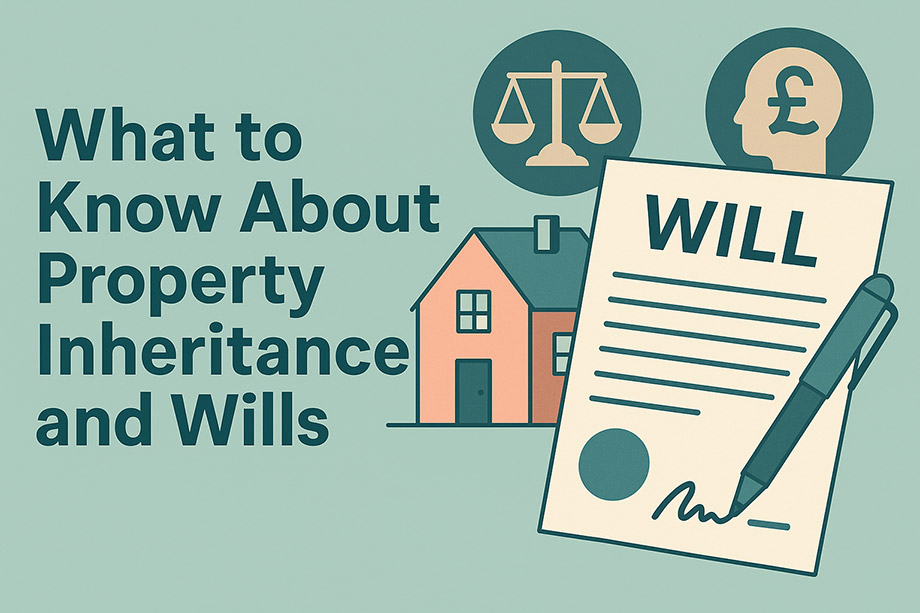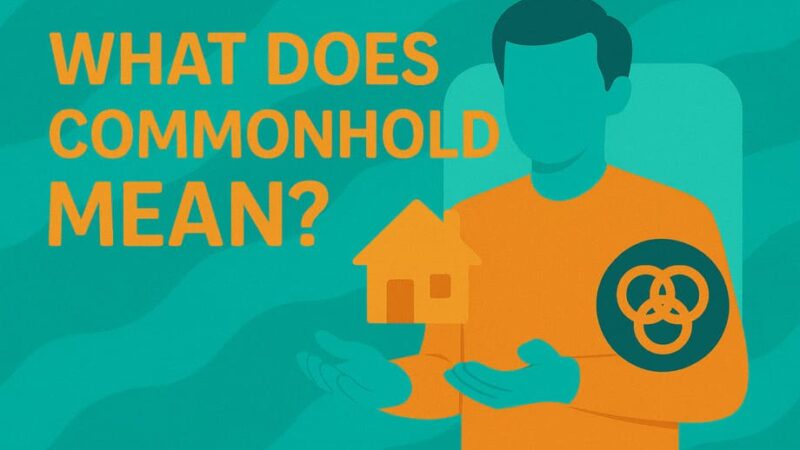What to Know About Property Inheritance and Wills

Inheritance of property can be a complex and sensitive topic for many UK homeowners. Whether you’re planning your estate or have recently inherited a property, understanding the legal processes surrounding wills and property inheritance is crucial to avoid confusion, delays, and potential disputes.
Table of Contents
What Is Property Inheritance?
Property inheritance refers to the transfer of ownership of real estate (like a house or land) from a deceased person to their beneficiaries or heirs. This process is governed by UK laws on wills, probate, and inheritance tax.
The Role of a Will in Property Inheritance
A will is a legal document where a person, known as the testator, outlines how their assets — including property — should be distributed after their death.
- Why Having a Will Matters: Without a valid will, your property is distributed according to intestacy rules, which might not align with your wishes.
- Who Can Inherit Property? Your will can specify individuals (family members, friends) or organisations (charities) to inherit your property.
- Appointing an Executor: The executor is responsible for managing your estate, paying debts, and ensuring your property is transferred according to your will.
What Happens If There’s No Will?
If someone dies intestate (without a will), UK law decides who inherits the property. The rules differ slightly across England, Wales, Scotland, and Northern Ireland but generally follow this order:
- Spouse or civil partner
- Children
- Other relatives
This automatic process might not reflect the deceased’s wishes and can cause disputes or delays.
The Probate Process
Before property can be inherited, the deceased’s estate usually goes through probate, a legal process that:
- Validates the will
- Authorises executors to deal with the estate
- Ensures debts and taxes are paid
Only after probate can the property be legally transferred to the beneficiaries.
Inheritance Tax (IHT) and Property
Inheritance tax can apply to property transfers depending on the estate’s value.
- The current UK inheritance tax threshold (nil-rate band) is £325,000.
- If the estate exceeds this, a 40% tax may be charged on the amount above the threshold.
- There are additional allowances for family homes and spouses.
Planning ahead with wills and trusts can help reduce IHT liability.
Joint Ownership and Inheritance
If property is jointly owned (for example, as joint tenants), ownership usually passes automatically to the surviving owner, bypassing the will and probate process. It’s important to understand the type of joint ownership to plan inheritance accordingly.
Challenges and Disputes in Property Inheritance
Property inheritance can sometimes lead to legal disputes, such as:
- Contesting the validity of a will
- Disagreements between beneficiaries
- Issues with unclear ownership or title
Seeking legal advice early can help resolve or avoid these issues.
Tips for UK Homeowners: Planning Your Property Inheritance
- Make a Clear, Up-to-Date Will: Regularly review it to reflect your current wishes.
- Consider Professional Legal Help: A solicitor specialising in wills and probate can guide you.
- Discuss Plans With Family: Open communication can prevent misunderstandings later.
- Understand Your Property Ownership Type: Know how joint ownership affects inheritance.
- Plan for Inheritance Tax: Use allowances, gifts, or trusts to minimise taxes.
Property inheritance is an important part of estate planning. Being informed about how wills, probate, and inheritance tax work in the UK can help you protect your property and ensure your loved ones are cared for according to your wishes.
Last Updated on July 29, 2025 by James Cartwright







